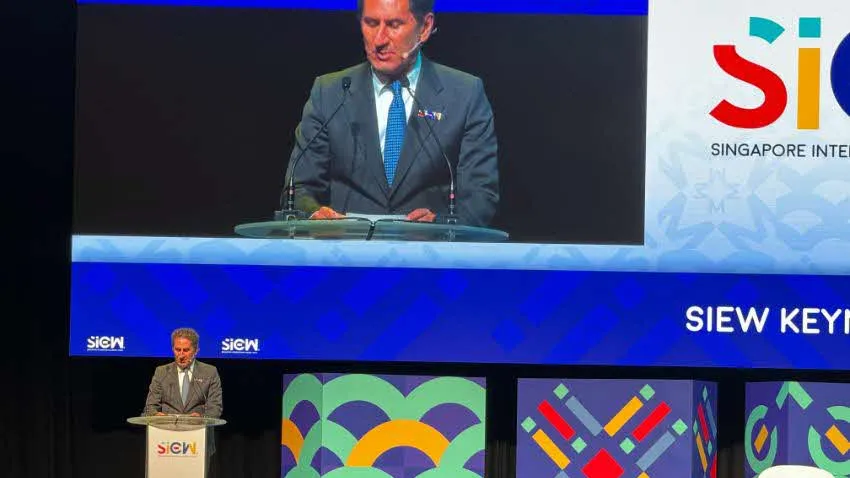
World needs to triple RE capacity and double energy efficiency
The IRENA said energy transition would require up to $44t investments to ramp up renewables by 2030.
Global markets would have to triple their renewable energy (RE) capacity and double their energy efficiency efforts by 2030 if energy transition and climate goals are to be achieved, according to the International Renewable Energy Agency (IRENA).
Renewables only cater to less than 80% of the population due to their concentration in certain countries.
To put the perspective into numbers, IRENA Director-General Francesco La Camera said the world would need RE investments of around $45t by 2030, allocating 80% of which to energy efficiency technologies.
“Modernising and expanding physical infrastructure is essential to build a more resilient and flexible system to accommodate the viable and decentralised nature of renewable sources,” La Camera said in his keynote address at the recent Singapore International Energy Week (SIEW).
“Power markets, hydrogen trade, and material diversification all required not only in our system infrastructure but also ports and shipping routes to enable global trade,” he added.
According to the World Energy Transition Outlook 2023 published by the IRENA, the energy transition is off-track. To achieve the goal of limiting the temperature increase to 1.5 degrees Celsius, the share of RE in the global energy mix should grow from 16% in 2020 to 77% by 2050.
The IRENA added that the world needs $150t to meet this goal. However, renewable energy investments are only on the up and up in certain countries and a few technologies.
In 2022, almost two-thirds of renewable energy investments were in the East Asia and the Pacific region but China accounted for over four-fifths of the investment in the region on the back of government support.
In terms of technology, cost-competitive solar photovoltaic and onshore wind get the most investments.
“I encourage the region to prioritise climate action, foster regional collaboration, seek emission reduction and increase local private sector participation, strengthening the industrial and manufacturing ecosystem, skill development, and research and development to ensure availability of a local workforce for the transition,” La Camera said.
“To meet the commitment to triple renewables, ending fossil fuel subsidies, investing in infrastructure and adopting smart grid technology will accelerate progress toward net zero,” he added.
La Camera also said that accelerating the deployment of renewable energy will also create job opportunities for millions of workers. In a report by the IRENA and the International Labour Organisation (ILO), employment in the renewable energy sector reached around 12.7 million in 2022, up from the 7.3 million jobs in 2012.
In Southeast Asia, he added that the region needs to more than triple the employment in the sector from the current 1.3 million to around 3.9 million by 2030, following the 1.5 Celsius scenario.
“Indeed the region stands at the crossroads against climate shocks and opportunity for transition,” La Camera said.
“The region has experienced impressive growth over the last two decades, yet with escalating energy demands currently met primarily by traditional fossil fuels, substantial investments need to be made to transition... along with a concerted effort to address technology gaps and strengthen corresponding policies,” he said.
Singapore sets the example
Meanwhile, the IRENA chief has taken note of Singapore, citing the country as a “leader in adopting and modernising the export and shipping sector for renewable-based energy systems in trade.”
He said that a change in infrastructure is needed, coupled with government policy and regulatory changes.
Political will is also needed to ensure clarity of direction and “steadfast commitment,” he said.
During the SIEW 2023, Singapore Minister of Trade and Industry Gan Kim Yong underscored that energy security is the foundation of the country’s energy transition. The main drive was to ensure that the Lion City prevents any energy shortages and volatile electricity prices.
Gan noted that some countries were forced to restart the operations of their coal plants to bring down electricity prices following the global energy crisis due to the Russia-Ukraine war, whilst other countries had to burn other types of fossil fuels.
“The world is likely to experience more episodes of volatility as the energy transition progresses. That is why having secure and stable energy markets is integral to the energy transition effort,” he said.
Singapore aims to reach net zero by 2050. Gan said the power sector will play a crucial role in this endeavour as it accounts for around 40% of the country’s carbon emissions.
One of the country’s efforts is the Energy Market Authority’s (EMA) implementation of crisis management measures in 2021 to ensure energy supply through the introduction of a centralised process to facilitate private investment in new generation capacity. One of these measures was the request for a proposal for a new combined cycle gas turbine by end-2027.
At the same time, Singapore tightened the regulatory requirements for electricity retailers to protect consumers and allow them to be more resilient against market volatility. It also imposed a temporary price cap mechanism to address extreme price volatility, recalled Gan.
A country which generates 95% of its electricity using natural gas, Singapore will take a “more deliberate and coordinated approach to gas procurement.”
Still, Gan said that the country is exploring other low-carbon initiatives such as hydrogen. One of its initiatives is the EMA and Maritime and Port Authority’s launch of an invitation for expression of interest for small-scale commercial projects that use low-carbon ammonia, one of the hydrogen carriers, for power generation and bunkering.
What’s more is that Singapore is exploring the potential of geothermal energy, biofuels and nuclear energy. “We must keep our options open and stay abreast of promising industries and technologies,” said the energy executive.
3 requisites
For Gan, there are three areas the country has to work on to ensure that Singapore complies with its net-zero commitments.
First, governments will be proactive in facilitating investments and planning for the energy value chain but he also noted that the private sector will also play a role in developing innovations for low-carbon alternatives.
Second, regulators have to review the existing market mechanisms so as to ensure that “decarbonisation is commercially sensible.”
Lastly, Gan said that energy transition should entail looking into ways of power consumption and managing demand to ensure energy efficiency. Some of the policies Singapore implemented for this are the right pricing of electricity to encourage responsible consumption and a carbon tax to push consumers to take into account the carbon footprint of their power consumption.
“As we decarbonise our energy system, we must bear in mind that it will not be without cost. For example, importing renewable energy over long distances increases the cost of electricity,” Gan said.
“Our approach is to retain the right price signals for the economy as a whole, while also extending help to those who need it. In this way, not only will we build a low-carbon energy system, but also an accessible and affordable one,” he added.

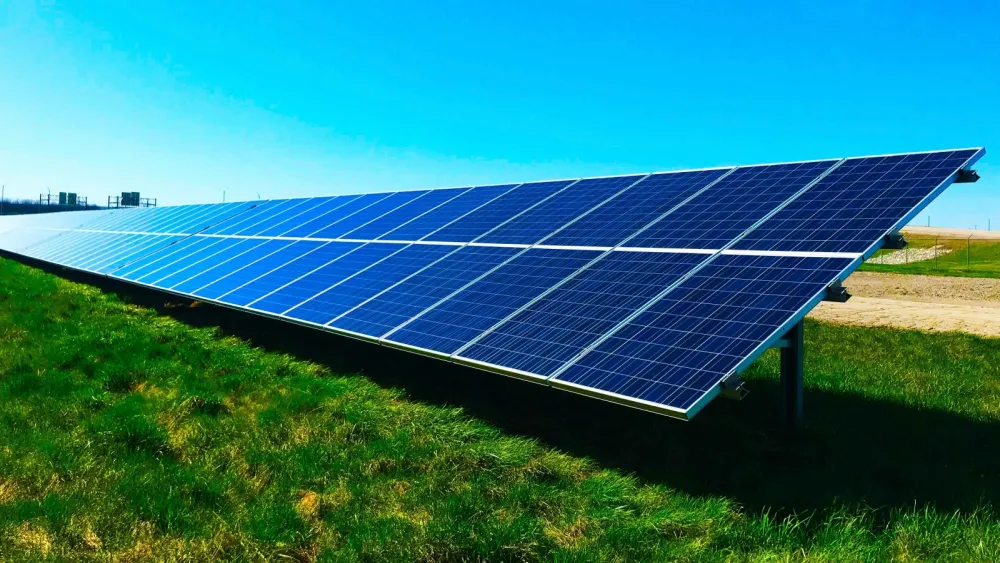
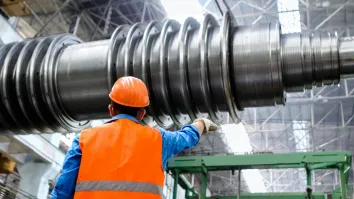
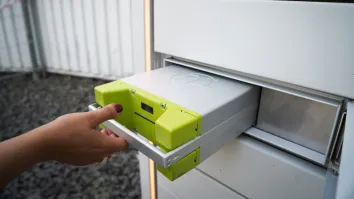
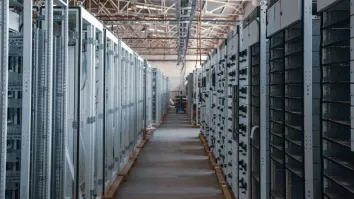
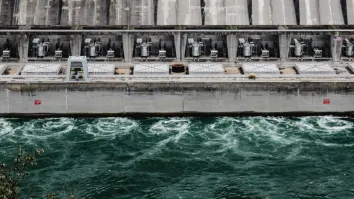













 Advertise
Advertise







